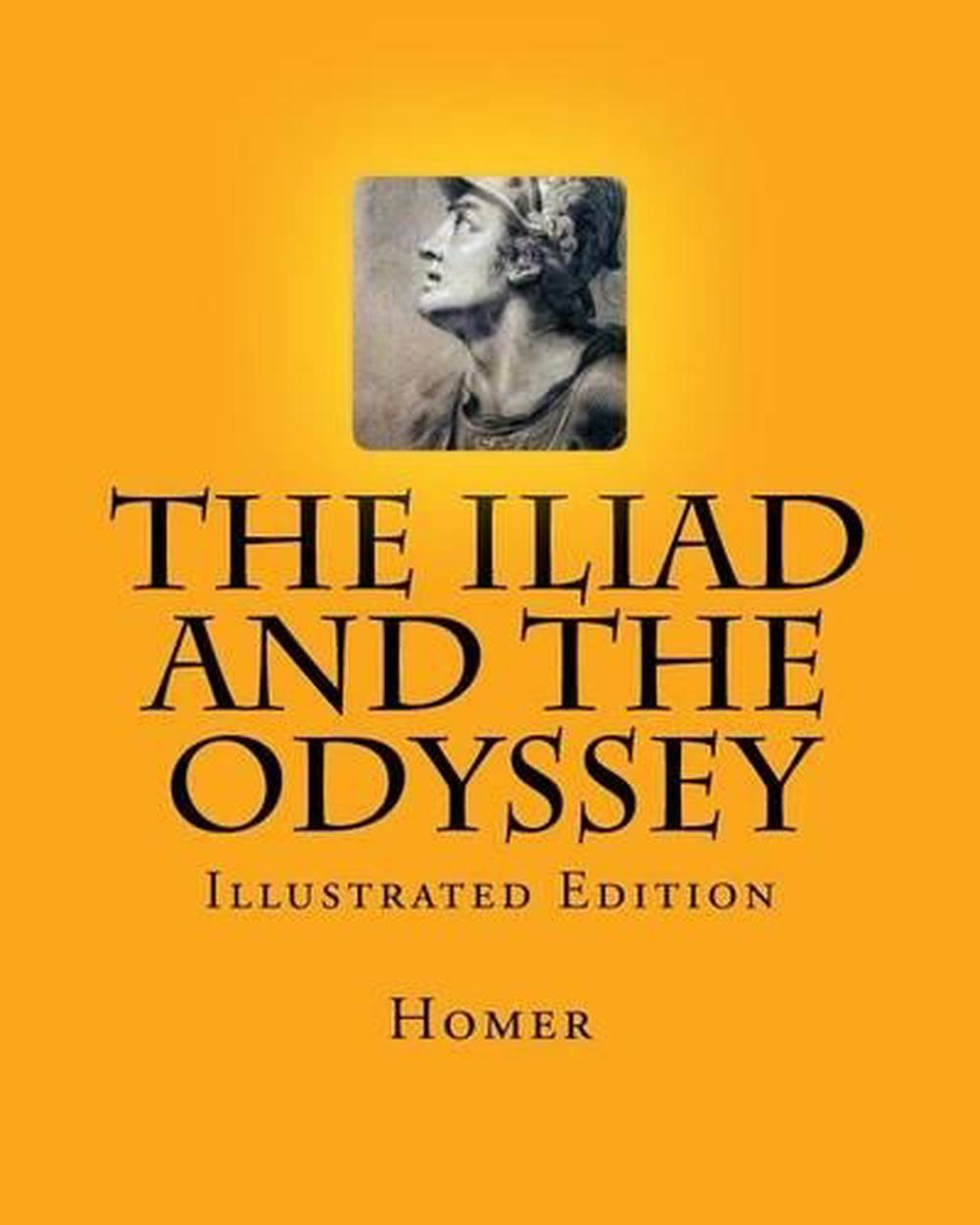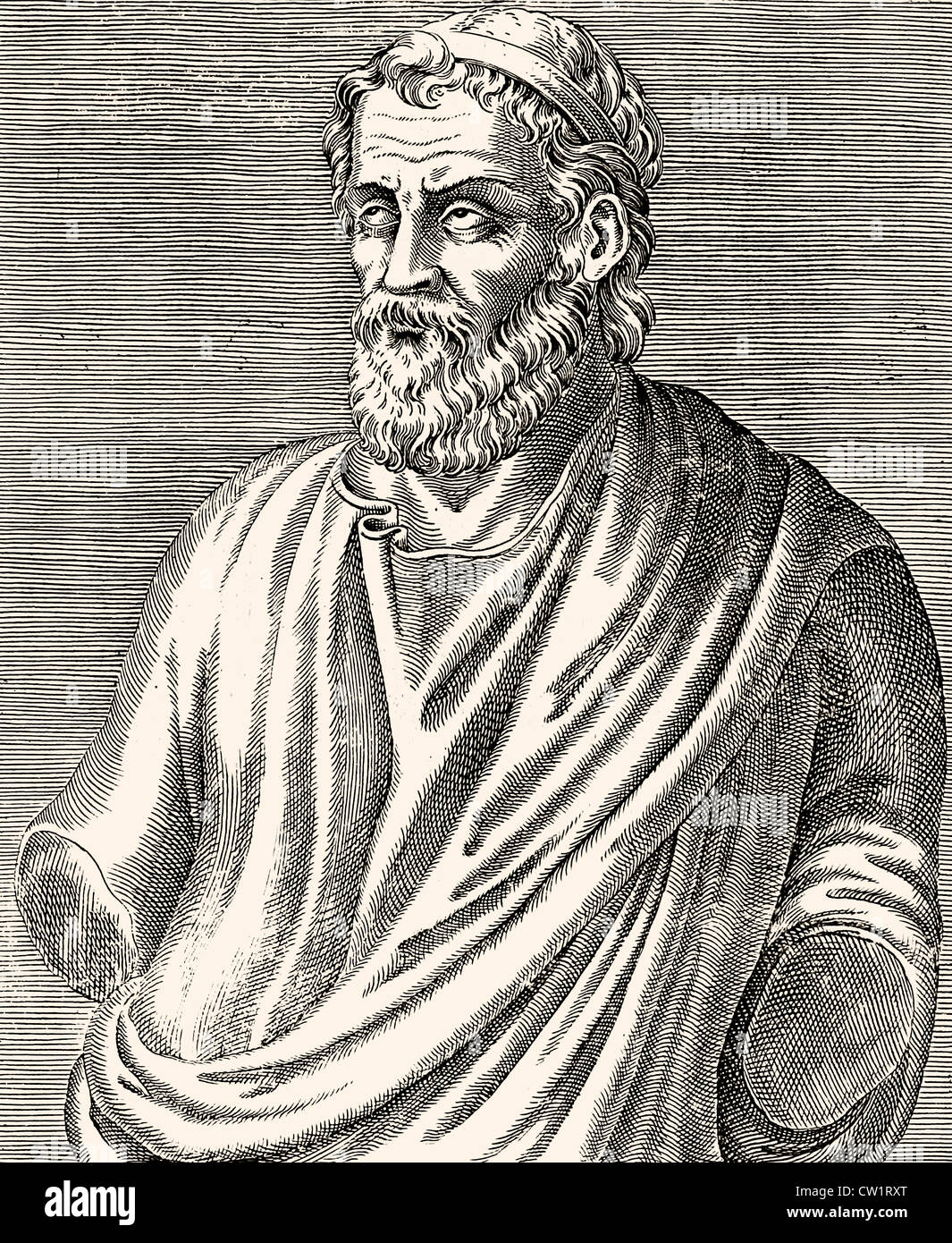

(In other words, the near-rhyming words do what the waves do.) And, as if to make the analogy concrete, the sixth line-which reconnects the imagined world of the sea to the narrated world of the Trojans at war-repeats the “some before … others hard behind” language of the fifth: the waves are all’ … ep alla the Trojans are alloi … ep’ alloi. Note, first of all, how the last words of the first, third, fifth, and sixth lines of this passage all end with the same sound combination, loaded with liquid “l”s ( aellêi, “maelstrom” polla, “many”: ep’ alla, “others hard behind,” ep’alloi, “others hard behind”): these liquid “l” sounds (with some explosive “p”s thrown in in the third, fifth, and sixth lines) beautifully evoke the sounds of the roiling waters, even as the insistent repetition of the “p-ll” sound cluster from line to line gives a sense of whitecaps breaking on the beach, one after another. (just so) (the Trojans) (in front) some (were packed together) (but)( hard behind) (others)

The iliad and the odyssey pro#
Aeneas endures the death of his father and, like Odysseus, must also travel to the Underworld, before finally reaching Italy and surviving one last battle before Rome can be founded.HOSS TROE-EHS pro men ALL-oy ah-RAY-roh-tehz, OW-tahr ep’ ALL-oy Along the way, Aeneas lands in Carthage, an African city ruled by Queen Dido, whose amorous encounter with Aeneas ends in tragedy. It has been foretold that he will build a new city in Italy, but it’s not going to be smooth sailing, despite his goddess mother’s protection. The Aeneid depicts Aeneas’ escape from the burning city of Troy with his father, Anchises, and young son Ascanius. Odysseus spends ten years trying to reach Ithaca, eventually reuniting with his wife Penelope and son Telemachus, and regaining control of his palace.
The iliad and the odyssey full#
The Odyssey is packed full of some of the most famous mythological exploits in Classics: Odysseus’ encounter with Circe, who turns his men into pigs his outwitting of the one-eyed Cyclops his journey into the Underworld where he comes face to face with old friends and the navigation of the violent monster Scylla and the deadly whirlpool Charybdis. When the Trojan War ends – Troy has fallen and the Greeks are victorious as a result of Odysseus’ wooden Trojan Horse – two storylines take off contemporaneously: Odysseus’ attempt to return home to Ithaca, and Aeneas’ quest to found Rome. The Iliad describes the final weeks of this legendary war. The Trojans boast their own heroes: Hector and Paris, princes and sons of Priam, the king of Troy and Aeneas, the son of Aphrodite who goes on to found Rome in The Aeneid.

Famous faces on the Greek side include Achilles, the greatest warrior of the war and a demi-god Patroclus, Achilles’ closest companion and Odysseus, king of Ithaca, whose ten-year return journey is the story of The Odyssey. A colossal Greek army set sail for Troy, led by Agamemnon. The war started when Paris, a Trojan prince, stole Helen from her husband Menelaus, the king of Sparta.

This conflict was between the Trojans and the Greeks and was estimated to have taken place in the 12th or 13th century BC – it lasted for ten years. Immortals who play a big part in all three poems are: Hera/Juno, the wife of Zeus/Jupiter who supports the Greeks in the Trojan War Poseidon/Neptune, the god of the sea who makes Odysseus’ life very difficult in The Odyssey Athena/Minerva, goddess of wisdom and war and another supporter of the Greeks, who comes to Odysseus’ aid throughout The Odyssey and Aphrodite/Venus, goddess of love, who is forever watchful of her son, Aeneas, both on the battlefield and on his journey to found Rome. All the gods have two names depending on whether they are being referred to by Greeks or Romans. They have full personalities, their own allegiances to the humans below and to each other, and they are prone to the same emotions as mortals: jealousy, love, anger, sadness. Gods in the classical world are characters in and of themselves.


 0 kommentar(er)
0 kommentar(er)
